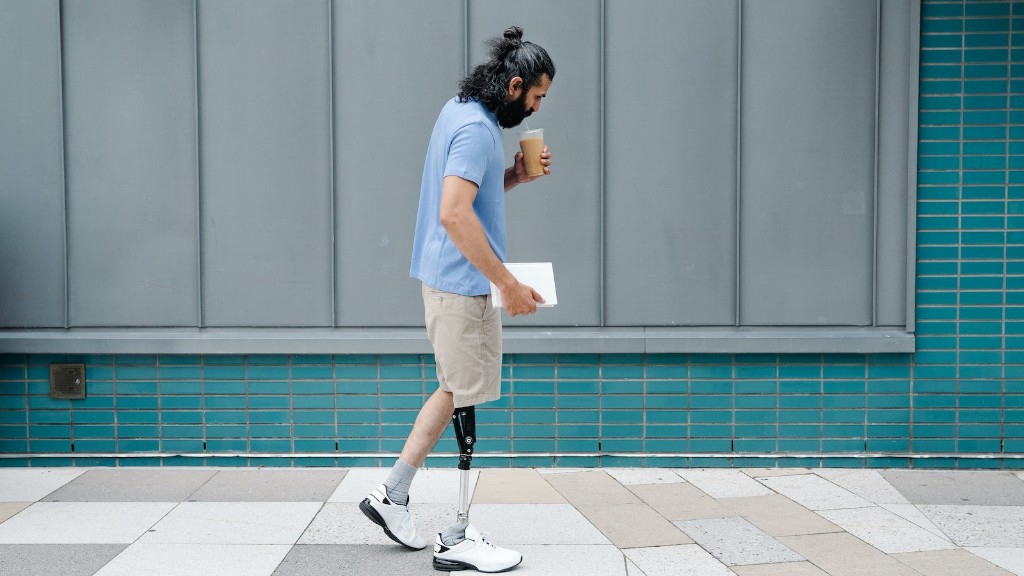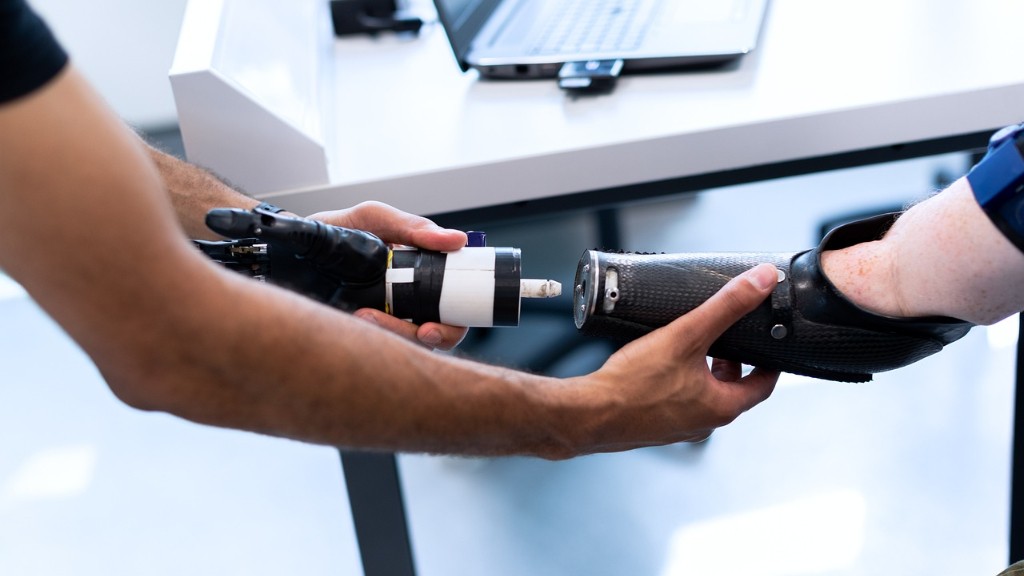FDA Classification of Hand Prosthetics
The development of prosthetic limbs has come a long way in recent years, thanks to advancements in technology and the continuous efforts of researchers and engineers. One area of particular interest is the development of hand prosthetics. These devices aim to restore functionality and improve the quality of life for individuals who have lost their hand due to injury or disease.
The Role of the FDA
In the United States, the Food and Drug Administration (FDA) is responsible for regulating and classifying medical devices, including hand prosthetics. The FDA’s classification system determines the level of regulation and oversight that a particular device will undergo before it can be made available to the public.
Currently, hand prosthetics fall under the FDA’s Class II classification, which includes medical devices that are considered to have a moderate level of risk to the patient. This classification requires manufacturers to meet certain safety and effectiveness requirements before their products can be marketed and sold.
The Positive Implications
The FDA’s classification of hand prosthetics as Class II devices ensures that these devices undergo rigorous testing and evaluation before they reach the market. This helps to ensure the safety and effectiveness of these devices, giving patients and healthcare providers confidence in their use.
Furthermore, the classification allows for continuous improvements in the design and functionality of hand prosthetics. Manufacturers have to submit evidence of their device’s safety and effectiveness, which encourages innovation and drives the development of more advanced and user-friendly prosthetics.
An example of this is the recent development of myoelectric prosthetics, which use muscle signals to control hand movements. These devices have been shown to provide individuals with a higher level of dexterity and control over their prosthetic hand, significantly improving their quality of life.
The Negative Implications
While the FDA classification system for hand prosthetics has its benefits, it also has some drawbacks. One of the main concerns is the lengthy and expensive regulatory process that manufacturers have to go through. This can result in delays in bringing new and innovative hand prosthetics to the market, depriving patients of potentially life-changing devices.
Moreover, the FDA’s classification system may not adequately address the evolving nature of technology. With the rapid pace of innovation in the field of prosthetics, new devices and technologies are constantly being developed. The classification system may struggle to keep up with these advancements and may lag behind in facilitating the availability of the latest prosthetic technologies to patients in a timely manner.
A Balanced Approach
To strike a balance between safety and innovation, the FDA should consider implementing a regulatory framework that allows for a more streamlined and expedited process for the approval of new hand prosthetics. This could involve the establishment of specialized review panels or the development of fast-track programs for innovative devices that meet specific criteria.
Furthermore, the FDA should collaborate closely with researchers, engineers, and industry experts to stay informed about the latest advancements in hand prosthetics. This would enable them to update their classification system regularly and ensure that it remains relevant and efficient in addressing the evolving technological landscape.
Conclusion
The FDA’s classification of hand prosthetics as Class II devices has both positive and negative implications. While it ensures the safety and effectiveness of these devices, it can also lead to delays in innovation and hinder the availability of advanced prosthetics to patients. A balanced approach that prioritizes safety while promoting the timely approval of innovative devices is crucial in addressing these challenges and improving the lives of individuals in need of hand prosthetics.
As technology continues to advance, it is important for regulatory bodies like the FDA to adapt and evolve their regulatory frameworks to facilitate the rapid development and availability of advanced prosthetic devices. By doing so, we can ensure that individuals who require hand prosthetics have access to the latest and most effective technologies, ultimately improving their quality of life.



